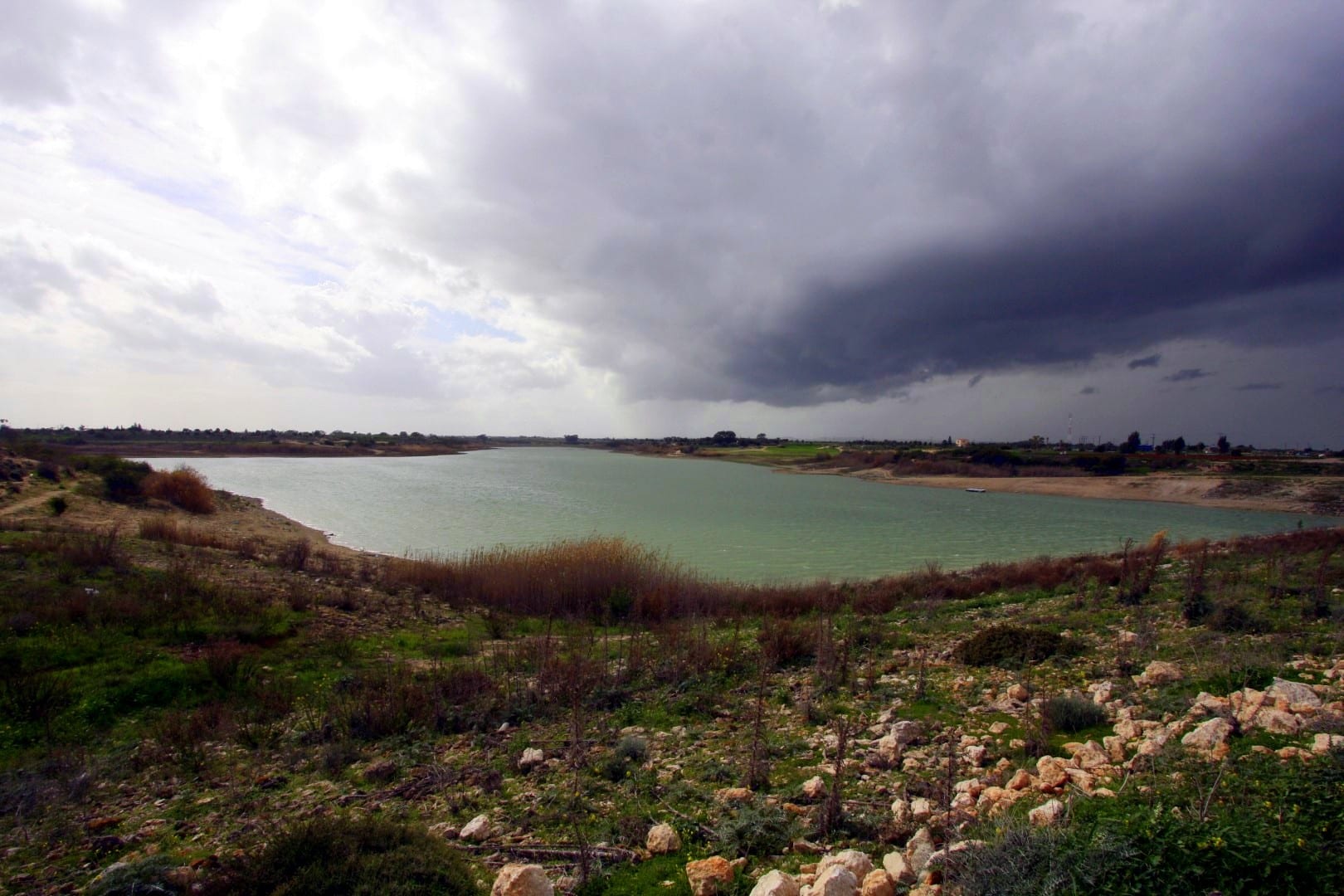Seepage of untreated animal manure, mainly cow dung, risks causing irreversible environmental damage to the Achna dam and its surrounds, its community leader said on Monday.
A leak on Sunday from large holding reservoirs of a neighbouring farm has contaminated the ground and is causing a vile smell in the area, community leader Nikos Vassilas said.
“The liquid waste seeped through fields and orchards, including potato, orange tree and wheat cultivations, and has ‘burned’ the crops, causing them to dry out and die,” Vassilas told CyBC radion, adding that it eventually also reached the sensitive wetlands around the dam.
Although cow manure has the potential to be used as an organic fertilizer, it cannot not be used before composting, as fresh manure is too high in nitrogen content and contains bacteria which can kill crops.
“Up until recently I was myself a cattle herder and I have asked the state to address the situation and take measurements of various potentially hazardous substances from the livestock operations in the area, but this has yet to be done,” Vassilas said.
“We may have up to three per cent waste seepage in the dam water at this point,” he added.
The community leader said there are around ten livestock units in the area, within a 1km radius from the dam and the community, and that the only solution was to encourage proper processing of the animal waste, subsidised by the agriculture ministry.
“Every year residents have the same problem, all summer long it stinks,” the mayor said.
Current regulations dictate that livestock farmers must construct concrete tanks for solid waste and earthen ones for liquid waste, which makes no sense, Vassilas claimed.
The tank that crumbled had a three-metre-high earthen wall which is not sufficient, he said.
“Some people grow up locked up in a city and don’t listen to or trust anyone who is actually working on the land and knows the practicalities. We are talking about ‘green transition’ in agriculture, but the real immediate problems are left unaddressed,” he concluded.







Click here to change your cookie preferences